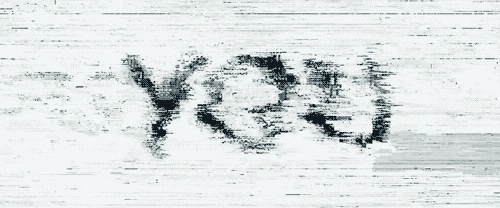Superwoman Prime
Damaged Beyond Repair
- Joined
- Dec 30, 2005
- Messages
- 12,088
- Reaction score
- 1
- Points
- 31
In 1950, a physicist by the name Enrico Fermi became frustrated at the lack of evidence for alien life. Life's main ingredients here on earth are abundant in the universe. Where are the probes of ancient civilizations? Where are the signals?
If an advanced race were to reach a tenth the speed of light maximum, they still would have had time to spread across the Milky Way long before now.
Are we all alone in the night?
Share your theories!
If an advanced race were to reach a tenth the speed of light maximum, they still would have had time to spread across the Milky Way long before now.
Are we all alone in the night?
Share your theories!




